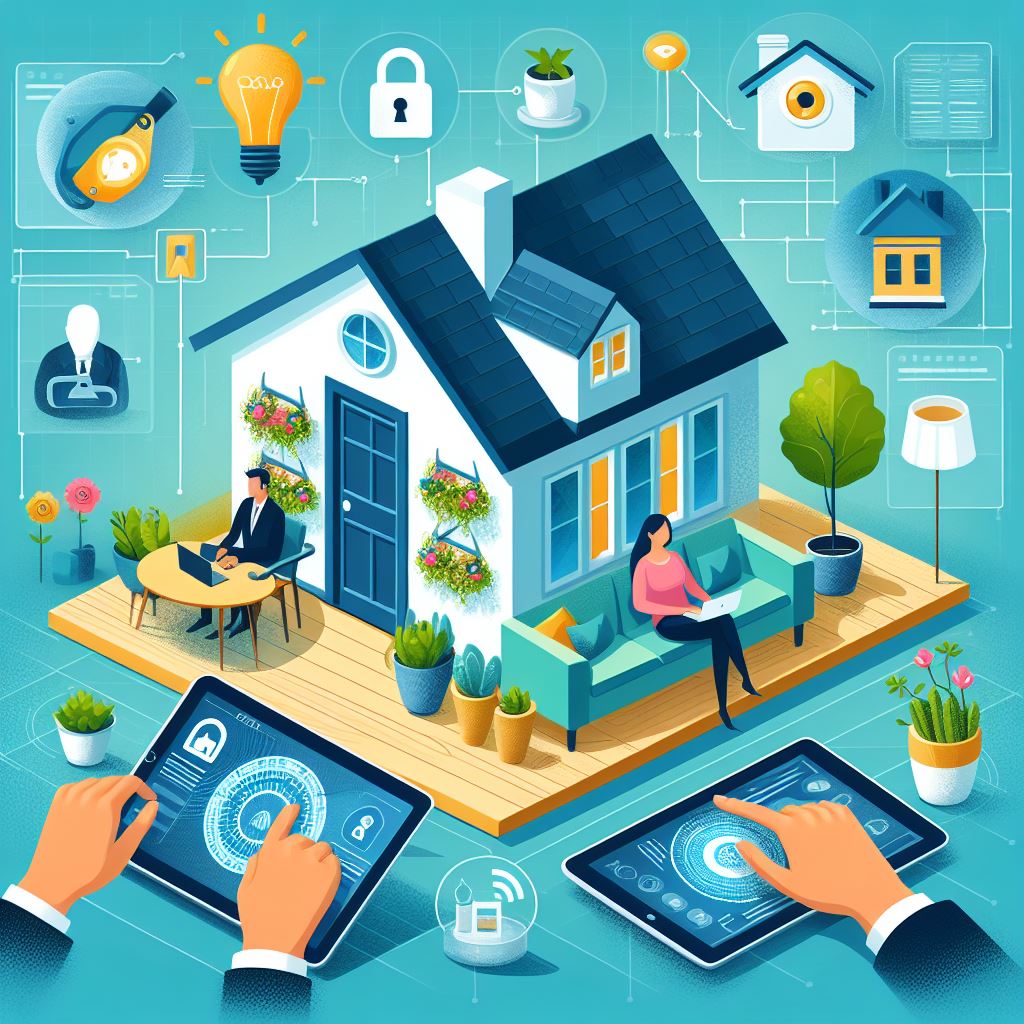As the world becomes more digitally connected, the concept of a “smart home” has evolved into a not-so-distant reality. Imagine a home that anticipates your needs, adjusts the lighting to match your mood, and even orders groceries when you’re running low. It’s the epitome of convenience. However, with convenience comes the concern of privacy. How can we ensure that our personal spaces remain private even in the era of smart homes?
The Technological Marvel of Smart Homes
Smart homes have transformed the real estate landscape, captivating homeowners with their innovative features. From voice-activated virtual assistants to smart locks and energy-efficient devices, these homes serve as a glimpse into the future. The ability to control and monitor various aspects of a home remotely has become a major selling point, providing convenience and comfort to residents.
Protecting Privacy without Sacrificing Convenience
While the allure of smart homes is undeniable, a delicate balance must be struck between convenience and privacy. Here are some considerations to ensure that your smart home remains your sanctuary:
- Data Encryption: Shielding Your Information
The foundation of privacy in smart homes lies in strong data encryption. By encrypting the information collected by devices and systems, homeowners can rest assured that their personal data remains confidential and inaccessible to unauthorized parties. Robust security protocols, such as end-to-end encryption, should be implemented to safeguard sensitive information. - Privacy-Focused Design: Rethinking Connectivity
Designing smart homes with privacy in mind entails reimagining the connectivity architecture. By incorporating strategies such as local processing and edge computing, sensitive data can be processed and stored within the home itself, minimizing the reliance on external servers and reducing the potential for data breaches or unauthorized access. - User Control: Empowering Homeowners
One crucial aspect of achieving the right balance is empowering homeowners with control over their own data. Implementing user-friendly interfaces that allow individuals to choose what data is collected, stored, and shared is vital. By providing homeowners with granular control over their privacy settings, smart homes can foster a sense of trust and accountability. - Transparent Data Practices: Building Consumer Confidence
To address privacy concerns, transparency is paramount. Smart home manufacturers should prioritize transparent data practices, providing clear and concise information about data collection, usage, and storage. This transparency builds confidence among homeowners, enabling them to make informed decisions about the devices and systems they integrate into their homes. - Privacy by Design: Integrating Privacy from the Start
In the realm of smart homes, privacy should be a core consideration from the very beginning. By adopting a privacy by design approach, developers can embed privacy features and considerations into the design and development process. This proactive approach minimizes the risk of privacy breaches and enhances the overall security of smart homes.
The Future of Smart Homes: Convenience and Privacy in Harmony
As the demand for smart homes continues to rise, it is imperative to embrace technology while ensuring the protection of personal privacy. By implementing robust data encryption, championing user control, practicing transparent data practices, and adopting a privacy-focused design approach, homeowners can enjoy the convenience of a smart home without compromising their privacy. The future of smart homes lies in finding the delicate dance between convenience and confidentiality, harmonizing our desire for a seamless living experience with the need for personal privacy.



